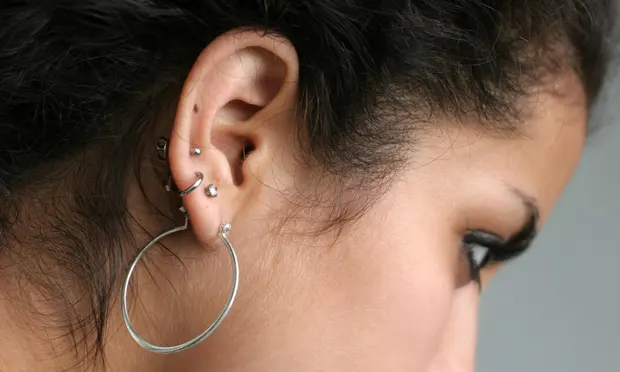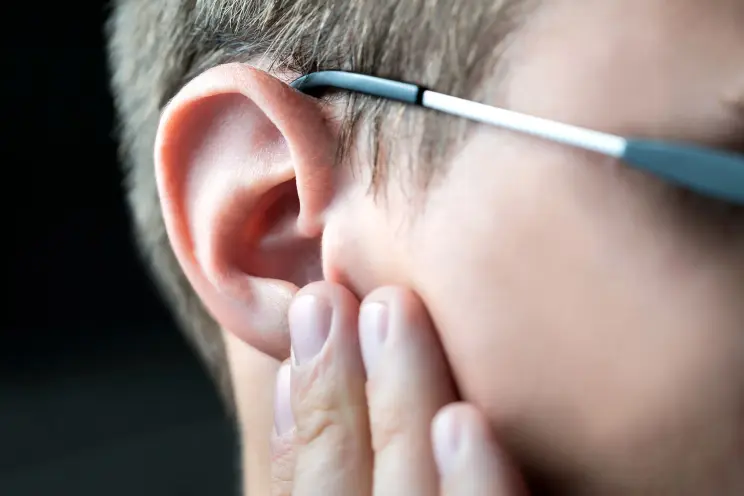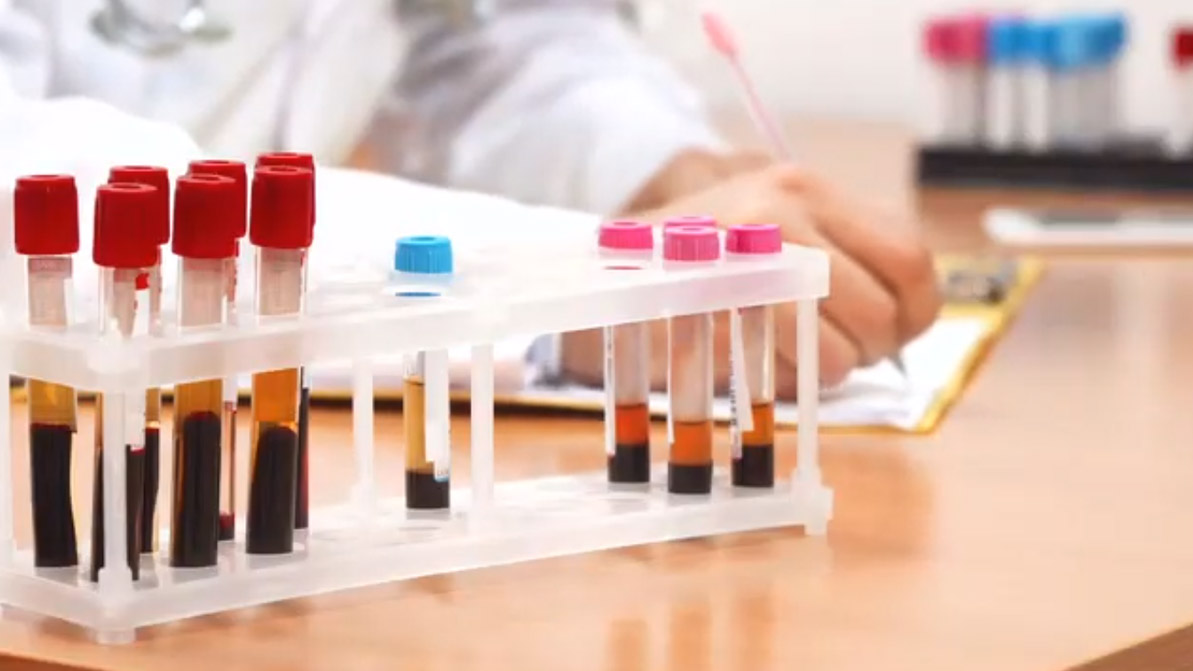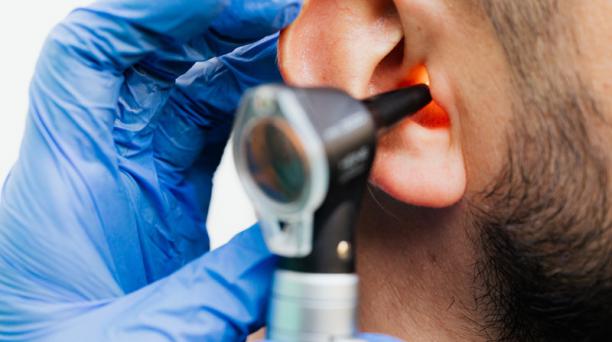Researchers say cortisol sampling technique could transform diagnostics for people with depression
A test that uses earwax to measure levels of the stress hormone cortisol could “transform diagnostics and care for millions of people with depression or stress-related conditions”, scientists have said.
The researchers believe the test, which can be done at home without clinical supervision, may also have the potential to measure glucose or Covid-19 antibodies that accumulate in earwax.
They say the method is a cheap and effective way to measure chronic cortisol levels, when compared with other methods such as using hair samples.
While blood, urine and saliva tests could be used to measure cortisol, Dr Andres Herane-Vives, of University College London’s Institute of Cognitive Neuroscience, said these samples could only track short-term levels rather than chronic cortisol levels.
Herane-Vives, the lead researcher on the study, published in the journal Heliyon, said: “Cortisol sampling is notoriously difficult, as levels of the hormone can fluctuate, so a sample might not be an accurate reflection of a person’s chronic cortisol levels. Moreover, sampling methods themselves can induce stress and influence the results.
“But cortisol levels in earwax appear to be more stable, and with our new device, it’s easy to take a sample and get it tested quickly, cheaply and effectively.”
The testing device developed by his team resembles a cotton swab but has a brake to stop it from going too far into the ear and causing damage.
The tip contained organic material, with a solution that had been tested to be the most effective and reliable at taking samples, the researchers said.
The pilot study involved a team of researchers from the UK, Chile and Germany, who recruited 37 study participants to compare different cortisol sampling techniques. The researchers also analysed hair and blood samples from the same participants.
The earwax samples were found to yield more cortisol than hair samples, and the ear-swabbing technique was the fastest and potentially cheapest method.
Herane-Vives and his team are also investigating whether the device could be used to measure glucose levels from earwax samples, for monitoring of diabetes, and potentially even Covid-19 antibodies.
He said: “After this successful pilot study, if our device holds up to further scrutiny in larger trials, we hope to transform diagnostics and care for millions of people with depression or cortisol-related conditions such as Addison’s disease and Cushing syndrome, and potentially numerous other conditions.”
The free press is under attack from multiple forces. Media outlets are closing their doors, victims to a broken business model. In much of the world, journalism is morphing into propaganda, as governments dictate what can and can’t be printed. In the last year alone, hundreds of reporters have been killed or imprisoned for doing their jobs. The UN reports that 85% of the world’s population experienced a decline in press freedom in their country in recent years.
Last week marked the 30th annual World Press Freedom Day, a day for everyone to reflect on the importance of free expression as fundamental for all other rights. It is also an opportunity to pledge support for independent media – because without a robust and free press, a healthy democracy is impossible.
As you’re joining us today from India, we hope you will consider marking this day by supporting the Guardian. Despite the financial challenges plaguing the media industry, we’ve decided to keep our journalism paywall-free, because we deeply believe everyone has the right to access high-quality, fact-checked reporting. And we maintain our independence thanks to generosity from readers all over the world, who understand that supporting the free press is an investment in an informed and empowered public.
Unlike many others, we have no billionaire owner – this helps us maintain the freedom to fearlessly chase the truth and report it with integrity. Your support will allow us to continue to work with trademark determination and passion to bring you journalism that’s always free from commercial or political interference.
We also encourage you to support one of the many, smaller independent news organisations around the world. Over the years, we’ve collaborated with teams who are often publishing quality reporting in the face of great adversity. We have shared our expertise with them, helping to start and grow their own reader funding models. If this interests you, find out more about our work with outlets in Russia, Belarus, Ukraine, Turkey, Hungary and beyond.
Today we ask you to power Guardian reporting for the years to come, whether with a small sum or a larger one. If you can, please support us on a monthly basis from just $2. It takes less than a minute to set up, and you can rest assured that you’re making a big impact every single month in support of open, independent journalism. Thank you.









